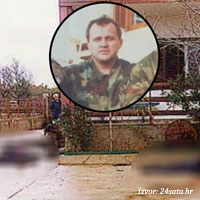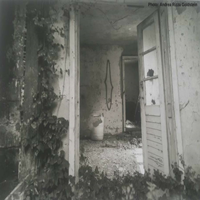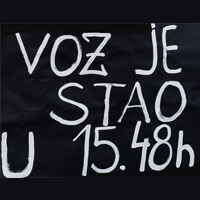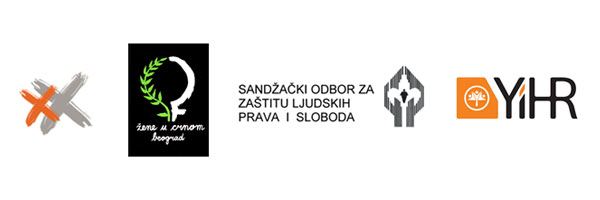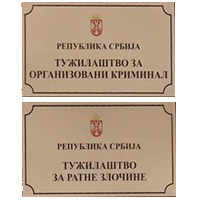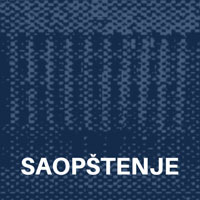On the verdict of the Higher Court in Belgrade in the Trnje war crime trial
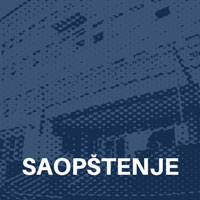

The Higher Court in Belgrade on 16 April 2019 handed down a verdict in the case against Pavle Gavrilović and Rajko Kozlina, for a crime committed in the village of Trnje/Terrnje, Kosovo, on 25 March 1999. Pavle Gavrilović was acquitted,but Rajko Kozlina was found guilty and sentenced to 15 years’ imprisonment. The Humanitarian Law Center (HLC) considers that the Court has erred in their assessment of the evidence against Pavle Gavrilović and in finding him not guilty, and that the sentence passed on Kozlina is too light for the severity and consequences of the crime he committed.






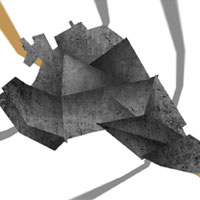
 On Sunday, March 24, it was 20 years since the systematic campaign of ethnic cleansing and violence against Kosovo Albanians, carried out by the armed forces of the Serbian army and police during the NATO intervention in the Federal Republic of Yugoslavia (FRY), began. The Humanitarian Law Center (HLC) calls on the institutions of the Republic of Serbia to ensure justice for victims of crimes in Kosovo, prosecuting all those responsible, regardless of their position at the time of the commission of the crime, or within the current hierarchy of power. And it calls for public recollection of their suffering.
On Sunday, March 24, it was 20 years since the systematic campaign of ethnic cleansing and violence against Kosovo Albanians, carried out by the armed forces of the Serbian army and police during the NATO intervention in the Federal Republic of Yugoslavia (FRY), began. The Humanitarian Law Center (HLC) calls on the institutions of the Republic of Serbia to ensure justice for victims of crimes in Kosovo, prosecuting all those responsible, regardless of their position at the time of the commission of the crime, or within the current hierarchy of power. And it calls for public recollection of their suffering.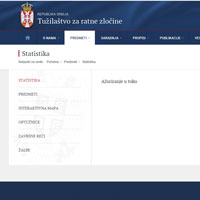
 Due to the frequent removal of the content from the official website of the Office of the War Crimes Prosecutor (OWCP), the Humanitarian Law Center (HLC) wishes to point out a tendency to put at risk the public’s right to know about the war crimes trials taking place in Serbia. Namely, over the past few weeks, the contents of the war crimes
Due to the frequent removal of the content from the official website of the Office of the War Crimes Prosecutor (OWCP), the Humanitarian Law Center (HLC) wishes to point out a tendency to put at risk the public’s right to know about the war crimes trials taking place in Serbia. Namely, over the past few weeks, the contents of the war crimes 